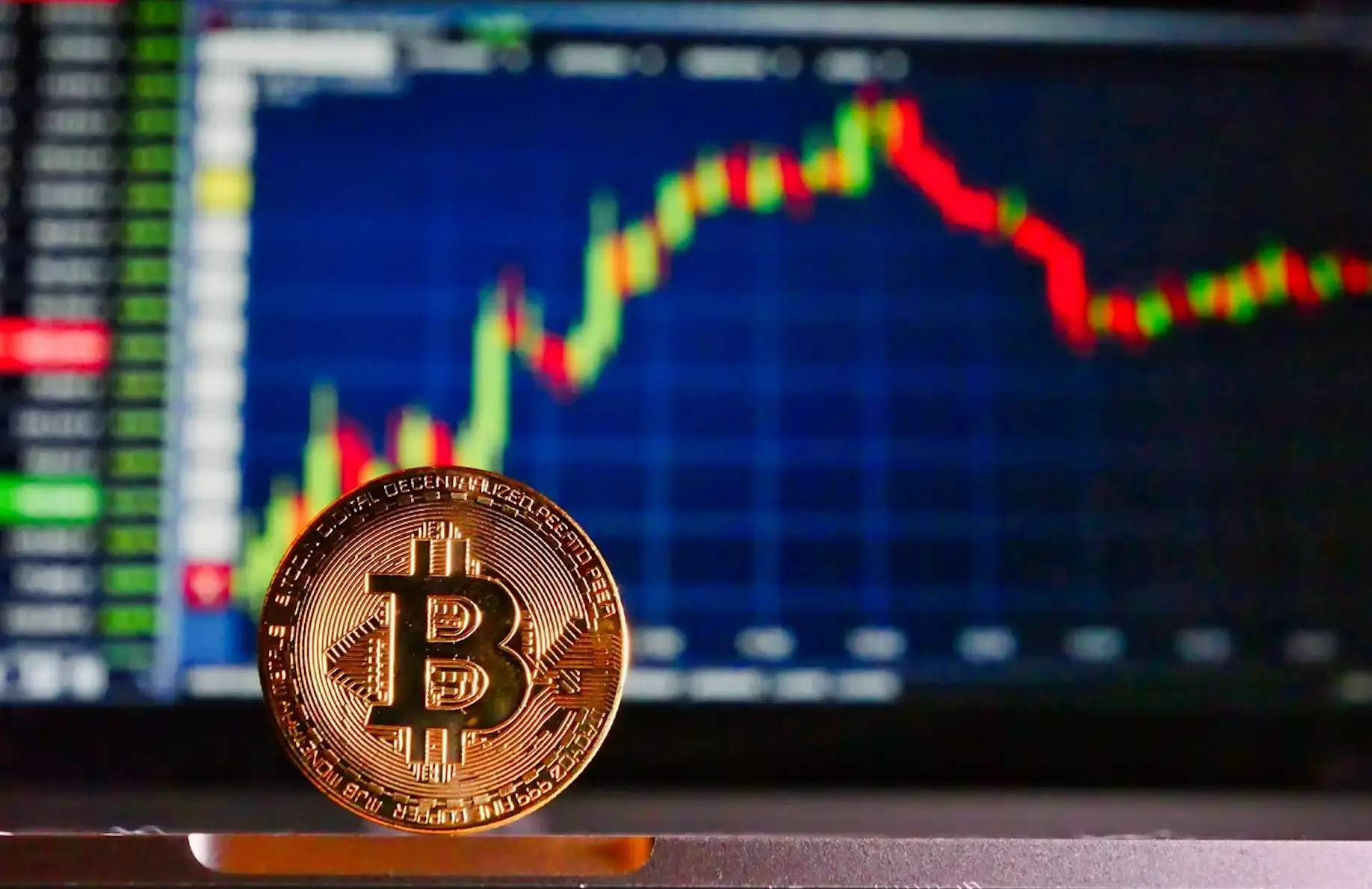As 2024 is Coming to a Close, What’s Next for Bitcoin in 2025?
31.12.2024 16:00 2 min. read Alexander Zdravkov
With December coming to a close, Bitcoin has failed to deliver the anticipated year-end rally.
While the price spiked near $100,000 just before Christmas, it quickly retreated to approximately $94,000. Despite initial optimism, the market has remained relatively flat, leaving many questioning what’s next for the cryptocurrency market.
Bitcoin’s early performance this year was notable, with the asset breaking its previous all-time high of $69,000 earlier than expected. This shift, coming months before the anticipated halving event, took many by surprise.
Crypto analyst Crypto Rus attributes the recent stagnation to Bitcoin’s early surge, suggesting that the market has simply moved ahead of its usual cycle. While December’s performance hasn’t met expectations, Rus sees significant potential for Bitcoin in 2025.
The recent market behavior points to the possibility of Bitcoin being in the midst of a consolidation phase. Profit-taking and tax-related moves likely contributed to the lack of a “Santa Rally” this year, but Rus remains optimistic, believing that the real momentum will take off in the coming months.
Looking ahead, the analyst is bullish about Bitcoin’s future. As more institutional players, like BlackRock, increase their Bitcoin holdings, the asset’s supply continues to tighten, paving the way for higher prices in 2025. With this growing institutional interest, Bitcoin is primed for substantial movement, but its increasing centralization could raise concerns about its decentralization ethos.
-
1
Crypto Inflows hit $1B Last Week as Ethereum Outshines Bitcoin in Investor Sentiment
07.07.2025 20:30 2 min. read -
2
Bitcoin: Is the Cycle Top In and How to Spot It?
09.07.2025 16:00 2 min. read -
3
Public Companies Outpace ETFs in Bitcoin Buying: Here is What You Need to Know
02.07.2025 12:30 2 min. read -
4
Robert Kiyosaki Buys More Bitcoin, Says He’d Rather Be a ‘Sucker Than a Loser’
02.07.2025 22:00 1 min. read -
5
This Week in Crypto: Whale Accumulation, Ethereum Signals, and a Sentiment Shake-Up
05.07.2025 21:00 3 min. read
Over $5.8 Billion in Ethereum and Bitcoin Options Expired Today: What to Expect?
According to data shared by Wu Blockchain, over $5.8 billion in crypto options expired today, with Ethereum leading the action.
IMF Disputes El Salvador’s Bitcoin Purchases, Cites Asset Consolidation
A new report from the International Monetary Fund (IMF) suggests that El Salvador’s recent Bitcoin accumulation may not stem from ongoing purchases, but rather from a reshuffling of assets across government-controlled wallets.
Ethereum Sparks Altcoin Season as FOMO Shifts Away From Bitcoin
Traders are rapidly shifting their focus to Ethereum and altcoins after Bitcoin’s recent all-time high triggered widespread retail FOMO.
BSTR to Launch With 30,021 BTC, Becomes 4th Largest Public Bitcoin Holder
BSTR Holdings Inc. is set to become the fourth-largest public holder of Bitcoin, announcing it will launch with 30,021 BTC on its balance sheet as part of its public debut.
-
1
Crypto Inflows hit $1B Last Week as Ethereum Outshines Bitcoin in Investor Sentiment
07.07.2025 20:30 2 min. read -
2
Bitcoin: Is the Cycle Top In and How to Spot It?
09.07.2025 16:00 2 min. read -
3
Public Companies Outpace ETFs in Bitcoin Buying: Here is What You Need to Know
02.07.2025 12:30 2 min. read -
4
Robert Kiyosaki Buys More Bitcoin, Says He’d Rather Be a ‘Sucker Than a Loser’
02.07.2025 22:00 1 min. read -
5
This Week in Crypto: Whale Accumulation, Ethereum Signals, and a Sentiment Shake-Up
05.07.2025 21:00 3 min. read


